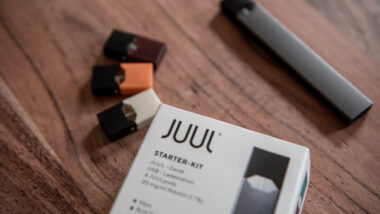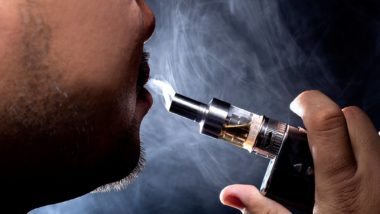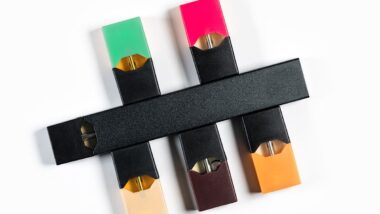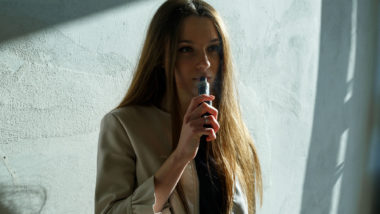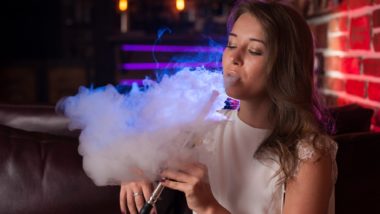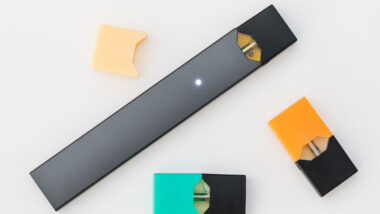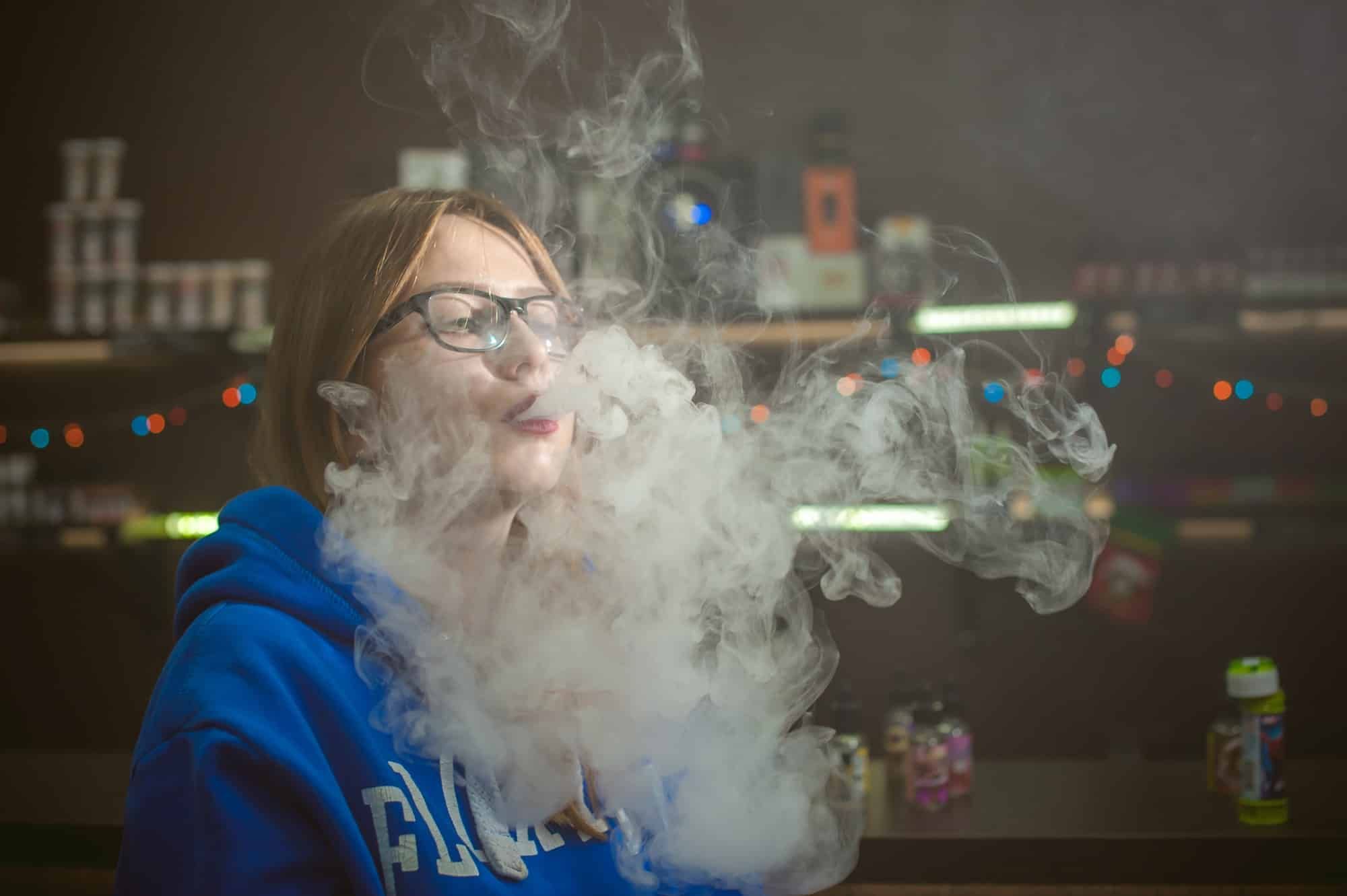
Colorado’s Montrose County School District has joined a Juul lawsuit that alleges the vaping company played a large part in making MCSD the number one school district in the state for teen vaping.
MCSD decided to join the nationwide class action lawsuit against Juul because the vaping e-cigarettes and individual e-liquid cartridges, known as “pods,” have a grip on more than 70 percent of the e-cig market. Juul reported sales of $942.6 billion by June 2018, just about three years after the product’s launch.
The Juul brand became popular through its candy-flavored Juul pods, many of which contained more nicotine than an entire pack of cigarettes. The sweet-flavored refill pods are now banned, but not before millions of teens became addicted.
Former MCSD superintendent Stephen Schiell told the Montrose Press, “When you look at the area of Colorado that Montrose County School district is in, we are number one in teen vaping. Somebody is taking advantage of our students, and that’s Juul.”
Schiell said even though the city of Montrose was one of the first cities in the state to ban vaping in public places such as bars and restaurants, Juul’s advertising and marketing efforts targeted teenagers.
Many school bathrooms are thick with vapor because current models of smoke detectors don’t see vapor as smoke. Even though teens can’t legally purchase vaping devices or vaping e-liquid refills, e-cigarettes such as Juul are about the size of a USB jump drive. The Juul e-cigarette can be easily taken from an older sibling or parent as the device sits on a charger and then can fit in a pocket or backpack. Not even the scent gives away the fact that someone is vaping because most of the smells are similar to a fruity perfume if they linger at all.
Juul Lawsuit Seeks Help for Addicted Teens, Vape Detectors
Vaping prevention programs, counseling and addiction treatment for teens who need to kick the vaping habit are among the issues the Juul lawsuit would like addressed. Plaintiffs also want to see vaping detectors installed in school bathrooms, too.
According to CNN, vaping detectors contain sensors that measure the chemical components within the air to find if someone is vaping. Some of the vaping detectors on the market are able to determine if THC oil is a component of the vapor. THC is the chemical in marijuana that enables the high feeling of those who smoke or ingest it.
FDA Attempts to Close Vaping Loophole

On July 20, the FDA initiated a ban on Puff Bar disposable e-cigarettes. Puff Bar’s seller is Cool Clouds Distribution of Glendale, Calif., which has 15 business days to remove the e-cigarettes, which are available in mango, strawberry and pink lemonade flavors.
According to ABC News, the Campaign for Tobacco-Free Kids hailed the FDA’s move as a “welcome, necessary and overdue step,” while also warning that closing that loophole only covers a “small number of these products and does not even cover all disposable e-cigarettes.”
The Campaign for Tobacco-Free Kids is a non-profit organization that says a variety of e-cig products are sold in more than 15,000 flavors around the world, including mint, menthol, gummy bear, cotton candy and fruity.
According to the 2019 National Tobacco Survey, the use of e-cigarettes more than doubled among high schoolers, which went from 11.7 percent to 27.5 percent, between 2017 and 2019. During that same time period, e-cig use tripled among middle schoolers, whose numbers went from 3.3 percent to 10.5 percent. More than 5.3 million youth now report using e-cigarettes.
This article is not legal advice. It is presented
for informational purposes only.
ATTORNEY ADVERTISING
Top Class Actions is a Proud Member of the American Bar Association
LEGAL INFORMATION IS NOT LEGAL ADVICE
Top Class Actions Legal Statement
©2008 – 2026 Top Class Actions® LLC
Various Trademarks held by their respective owners
This website is not intended for viewing or usage by European Union citizens.
E-mail any problems with this form to:
[email protected].



